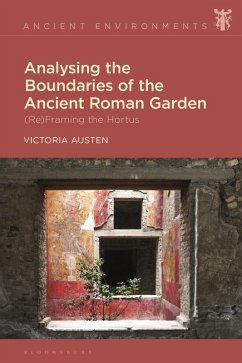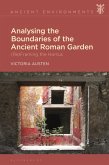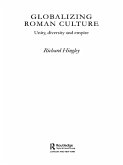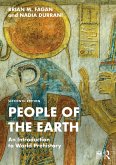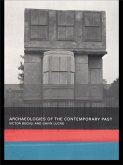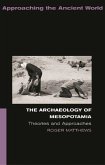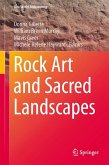This book demonstrates how the Romans constructed garden boundaries specifically in order to open up or undermine the division between a number of oppositions, such as inside/outside, sacred/profane, art/nature, and real/imagined. Using case studies from across literature and material and visual culture, Victoria Austen explores the perception of individual garden sites in response to their limits, and showcases how the Romans delighted in playing with concepts of boundedness and separation.
Transculturally, the garden is understood as a marked-off and cultivated space. Distinct from their surroundings, gardens are material and symbolic spaces that constitute both universal and culturally specific ways of accommodating the natural world and expressing human attitudes and values. Although we define these spaces explicitly through the notions of separation and division, in many cases we are unable to make sense of the most basic distinction between 'garden' and 'not-garden'. In response to this ambiguity, Austen interrogates the notion of the 'boundary' as an essential characteristic of the Roman garden.
Transculturally, the garden is understood as a marked-off and cultivated space. Distinct from their surroundings, gardens are material and symbolic spaces that constitute both universal and culturally specific ways of accommodating the natural world and expressing human attitudes and values. Although we define these spaces explicitly through the notions of separation and division, in many cases we are unable to make sense of the most basic distinction between 'garden' and 'not-garden'. In response to this ambiguity, Austen interrogates the notion of the 'boundary' as an essential characteristic of the Roman garden.

